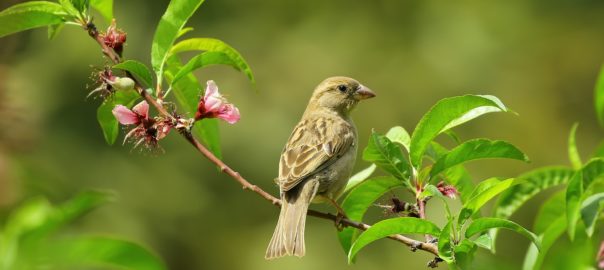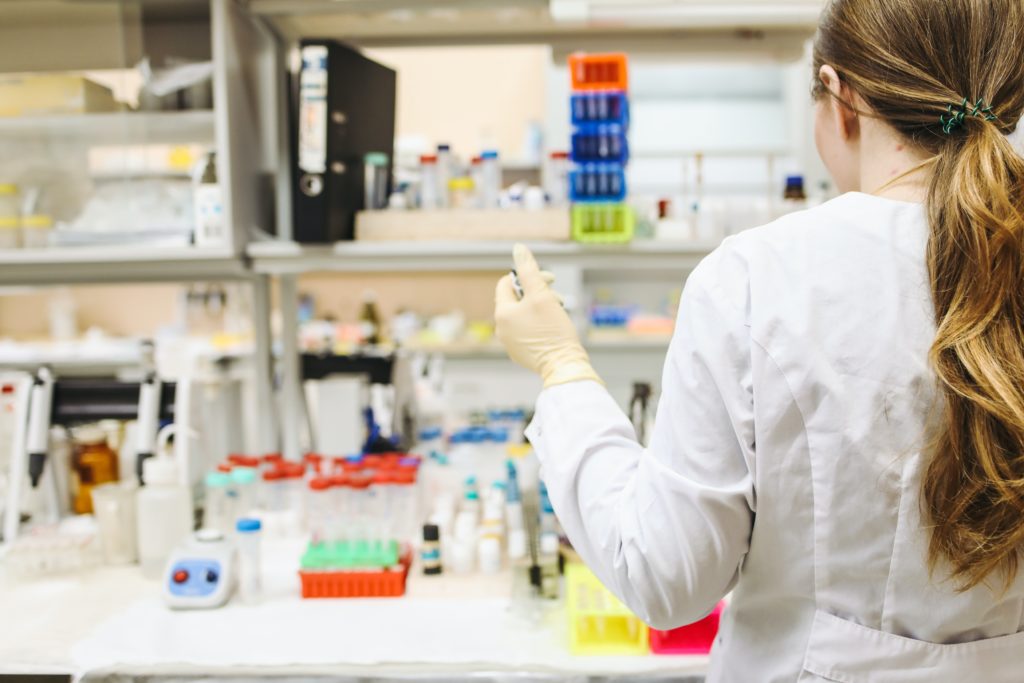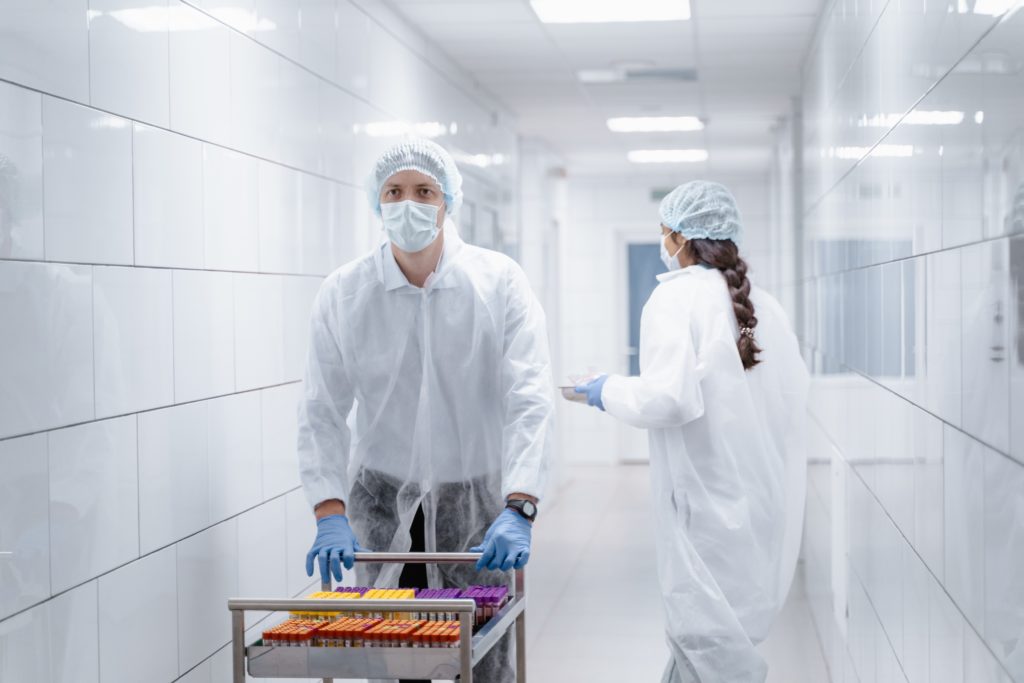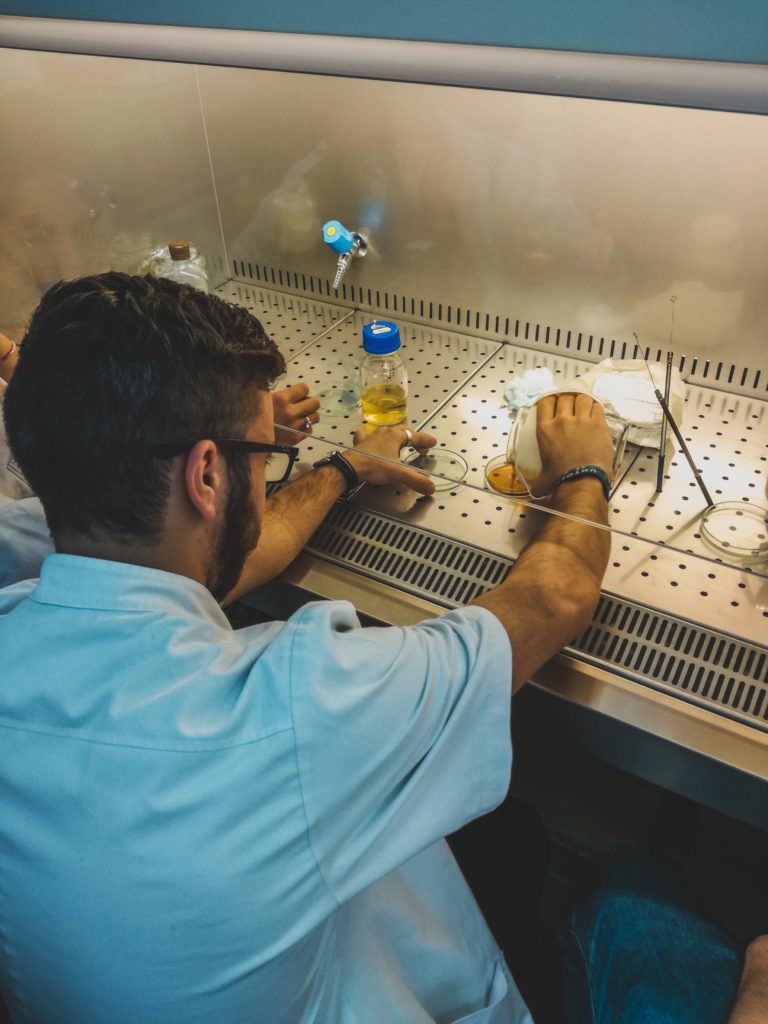
Name of Student: Max Parkin
Degree Subject: BA History – Cornwall
Job Title: Research Writer Intern
Company Name: The Eden Project
Type of Internship: Access to Internships (A2I), Student Business Partnerships (SBPs)
Description of Company: The Eden Project, an educational charity, connects us with each other and the living world, exploring how we can work towards a better future. Our visitor destination in Cornwall, UK, is nestled in a huge crater. Here, massive Biomes housing the largest rainforest in captivity, stunning plants, exhibitions and stories serve as a backdrop to our striking contemporary gardens, summer concerts and exciting year-round family events.
What were your key duties and responsibilities during your internship?
To research specific briefed environmental/social/sustainable topics for the Eden Project as directed by the Director of Interpretation. To write, summarise and authenticate research documents and storylines with references. And/or to write final copy across a range of media using Eden’s house style and brand guidelines.
Key accountabilities (depending on area the student wishes to gain experience in):
1. To research specific briefed topics using literature searches and by communicating with organisations and experts in the field, working to set deadlines.
2. To write master files (as laid out in the Eden guidelines) on specific briefed topics with full list of references.
3. To write compelling storylines, narrative and content briefs to enable interpretation of specific subjects across a wide range of media.
4. To write final copy for specific exhibits, events, digital and web content and publications using Eden’s house style and brand guidelines.
What outputs and outcomes did you deliver for your employer?
The main task for the interpretation department at that time was Eden’s summer content – Earth Story. I was asked to research in detail Megafaunal extinction during the end of the last Ice Age and the potential human involvement. The end result was a detailed document which was then used to help the graphics team produce an extinction timeline which can now be seen in the Earth Story exhibit at Eden.
What was your biggest achievement on your internship?
I was given a topic I had 0 previous knowledge of – Megafauna. I was asked to produce a detailed research document and became an ‘expert’. My research was verified by Natural History Museum Professor, Adrian Lister and played an instrumental role in producing content which is now displayed in one of Britain’s top visitor attractions.
What did not go so well on your internship? How did you overcome any challenges?
Initially, it was difficult to get to grips with my task, my progress was slow to start – I made sure to communicate well with Sarah, my boss, and ask lots of questions when I became lost.
Skills Learnt
- Ability to Work Under Pressure
- Communication
- Team Work and Collaboration
- Problem Solving
- Time and Work Load Management
Attributes Developed
- Confidence
- Initiative
- Perseverance
- Motivation
- Personal Awareness
Your message to other students considering a similar job role, organisation or sector?
“Working with the Eden Project for my internship was highly rewarding, exciting and eye opening. I became an ‘expert’ in a topic I’d never even heard of before, I met some great people and a future career path.”










